- M.A
- information
- 3902 views
- 0 comments
The Persian Gulf is located in Southwest Asia. It is located between Iran and the Arabian Peninsula and is an extension of the Indian Ocean. Historically and commonly known as the Persian Gulf, it is sometimes controversially named the Arabian Gulf by certain Arab nations or simply The Gulf. However, neither of the latter two terms has international recognition.
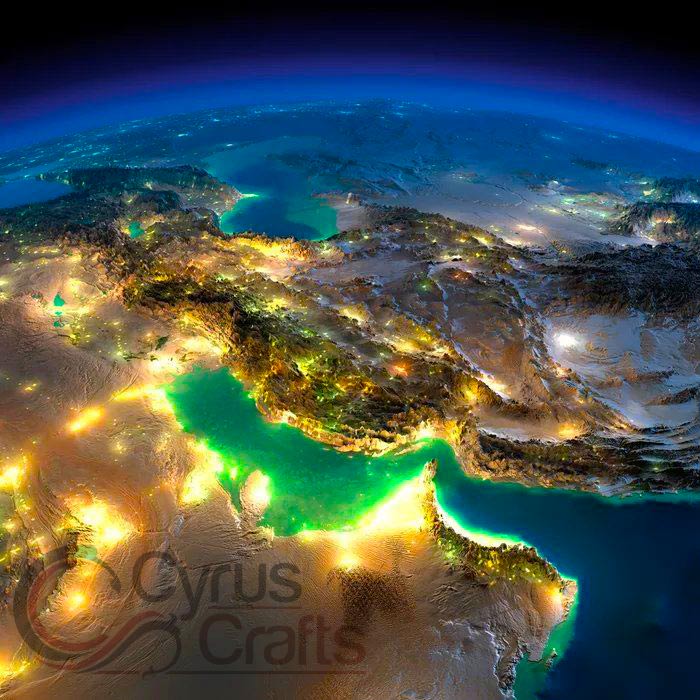
The Persian Gulf is a waterway that covers an area of 237,473 km2 and is the third largest in the world after the Gulf of Mexico and the Gulf of Hudson. From the east, the Persian Gulf is connected to the Indian Ocean and the Arabian Sea through the Strait of Hormuz and the Sea of Oman. Internationally, the Persian Gulf and its shores are considered a strategic and essential area because of their oil and gas resources.
In the rest of this article, we will learn about the reasons for the high importance of the Persian Gulf, its naming and ownership, and its challenges and history.
Geology of the Persian Gulf
Geologists believe that about 500,000 years ago, the primitive form of the Persian Gulf was formed along the southern plains of Iran. As the earth's internal and external structures changed over time, it found its constant current shape. The present-day Persian Gulf, with its northwestern continuation now infilled by the deposits of the Mesopotamian rivers, is the remains of a once much larger basin of deposition aligned northwest to the southeast that existed throughout much of geologic history.
Cyrus Crafts; Luxury & Unique Products
It took more than a geological period for the Persian Gulf to cover the vast plains of Borazjan, Behbahan, and Khuzestan of Iran during the third geological period. In this basin, vast quantities of sediments accumulated, mostly limestone and marls (a mixture of calcareous and silicate mud), together with evaporites and organic matter, which ultimately produced the area's extensive oil resources.
In fact, the Persian Gulf has always existed. It has been a part of Iran since the beginning of history, that is, thousands of years ago, from the Achaemenid Empire and Darius the Great. Its ownership has not changed in any historical period.
Persian Gulf Map
The map shows the Persian Gulf and surrounding countries with international borders, national capitals, major ports, cities, main roads, and major airports.
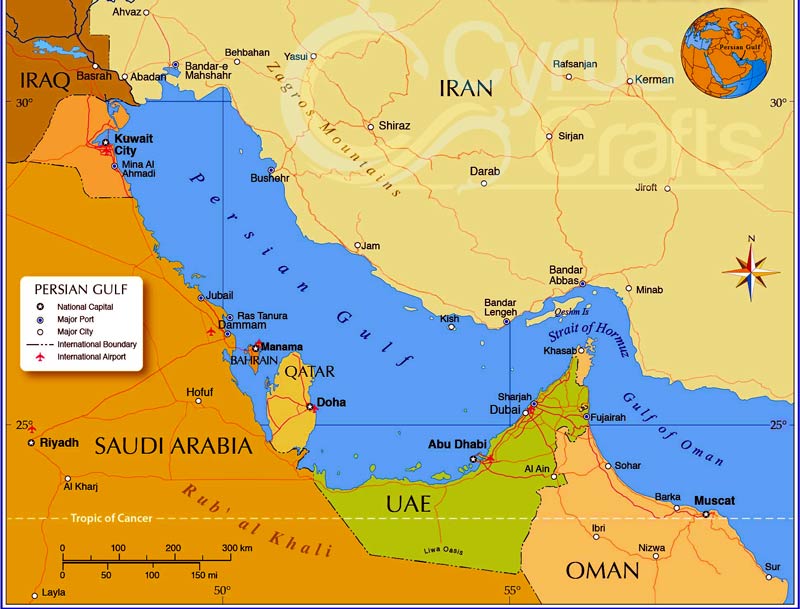
The Persian Gulf or Arabian Gulf, Which One Is Correct?
In various languages, the historical name of this Gulf has been the translation of the phrase “Persian Gulf” or “Persian Sea.” Also, in all international legal organizations, the official name of this bay is “Persian Gulf,” but in recent years, Arab countries have attempted to refer to it as “Arabian Gulf” or simply “Gulf.” The International Hydrographic Organization (IHO) uses the name “Iranian Gulf” for this bay.
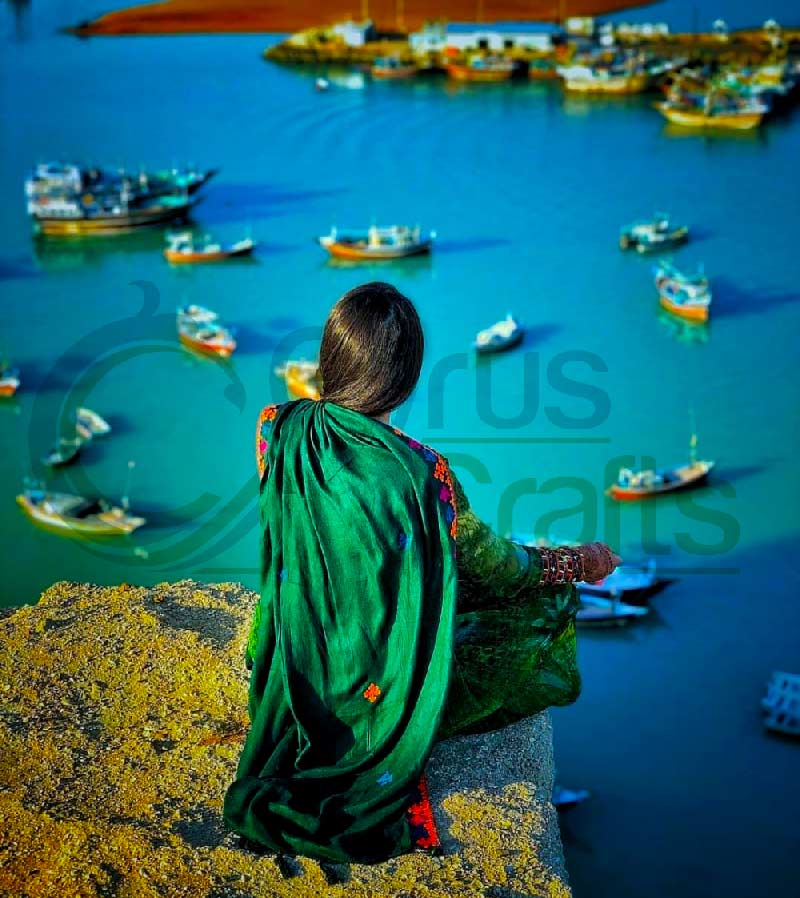
Persian Gulf War
A significant source of crude oil is found in the Persian Gulf, its coastal areas, and a number of related industries. Because of its natural resources, access to the Persian Gulf has become the focus of international tension, such as the 1980-1988 Iraq-Iran War, in which each side attacked the other's oil tankers. The Persian Gulf War, or the Gulf War, even though most of the action took place on land, gave its name to the United States-led ejection of Iraqi forces from Kuwait in 1991.
A United Nations-brokered ceasefire ended the long-running Iran-Iraq War in August 1988, but a permanent peace treaty had not been negotiated by mid-1990. The prospects for peace suddenly seemed bright after their foreign ministers met in Geneva that July, as Iraqi leader Saddam Hussein appeared ready to end that conflict and return the territory he had long occupied. Two weeks later, however, Hussein delivered a speech in which he accused neighboring nation Kuwait of siphoning crude oil from the Ar-Rumaylah oil fields located along their common border. He insisted that Kuwait and Saudi Arabia cancel out $30 billion of Iraq's foreign debt and accused them of conspiring to keep oil prices low to pander to Western oil-buying nations.
Why Is the Persian Gulf Important?
The greatest importance of the Persian Gulf is the existence of rich oil and gas resources on the sea bed and its shores, so this area is called the ""World Oil Reservoir."" It is, therefore, a significant and strategic region because it serves as a transit route for oil from Iran, Iraq, Kuwait, Saudi Arabia, and the United Arab Emirates. The Persian Gulf region supplies about 30 percent of the world's oil, sometimes increasing and sometimes decreasing. The Strait of Hormuz is the main route for oil transported from the Persian Gulf.
There are many advantages to the Persian Gulf in terms of oil resources, including easy extraction, low production costs, excess production capacity, high-quality crude oil, accessible transportation, high good production capacity, and the possibility of discovering new vast oil reserves. According to the latest statistics, approximately 730 billion barrels of oil and 70 trillion cubic meters of natural gas are found in the Persian Gulf. There are also essential ports in the Persian Gulf, including Bandar Abbas, Bushehr, Bandar Lengeh, Kish, Khorramshahr and Mahshahr ports in Iran, Sharjah, Dubai, and Abu Dhabi in the United Arab Emirates, and the ports of Basra and Al-Faw port in Iraq.
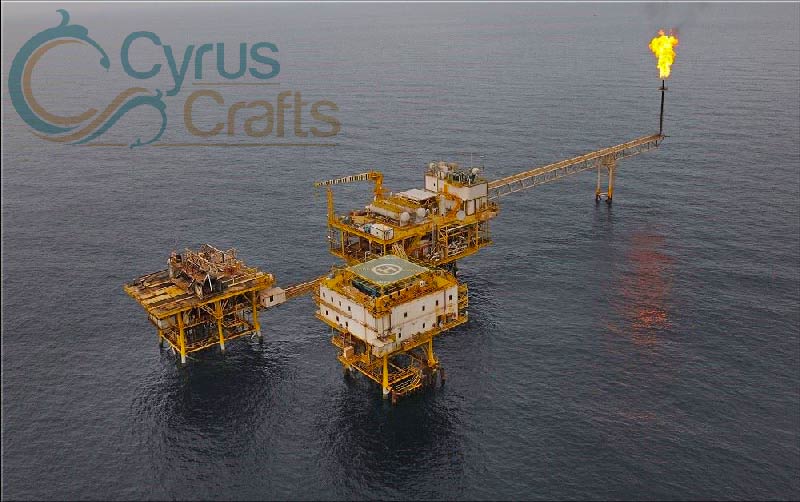
Countries Adjacent to the Persian Gulf
Eight countries border the Persian Gulf, including Iraq, Kuwait, Saudi Arabia, Bahrain, Qatar, United Arab Emirates, Oman (Musandam region), and Iran.
Shatt al-Arab, a major river formed by the confluence of the Euphrates and the Tigris, feeds the Gulf in the northwest. A few minor Iranian rivers empty into the Persian Gulf, such as the Mond River, the Zohreh River, and the Helleh River.
It has been an important transportation route since antiquity, making it a hotly contested area. Arabs, Persians, Turks, the Portuguese and later the British fought to control the sea. Before oil was discovered in the Gulf in 1908, people lived by fishing, pearl diving, trade, and piracy.
Persian Gulf National Day
Iranian officials recognized the Persian Gulf National Day in the country's official calendar as part of their efforts to protect the spiritual and cultural heritage of the Persian Gulf. The Persian Gulf National Day was established by the Supreme Council of the Cultural Revolution in July 2005 to commemorate the Portuguese expulsion from the Strait of Hormuz. April 30 was named International Persian Gulf Day.
In this article, we tried to introduce one of the most important gulfs in the world, the Persian Gulf, and tell about its history, reasons for its importance, neighboring countries, and the challenges of its ownership. If you are interested in similar topics, you can read about Iran on the store site of Cyrus Crafts, or you can buy all kinds of hand-woven Iranian carpets and Iranian snacks from the store section of this website.






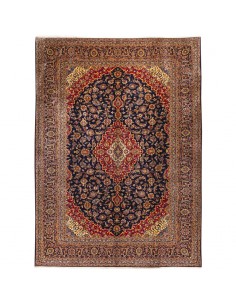

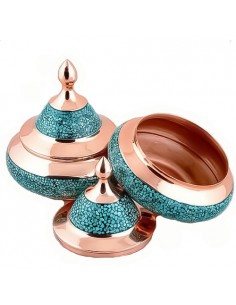

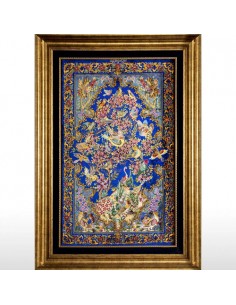

Comments (0)